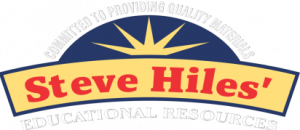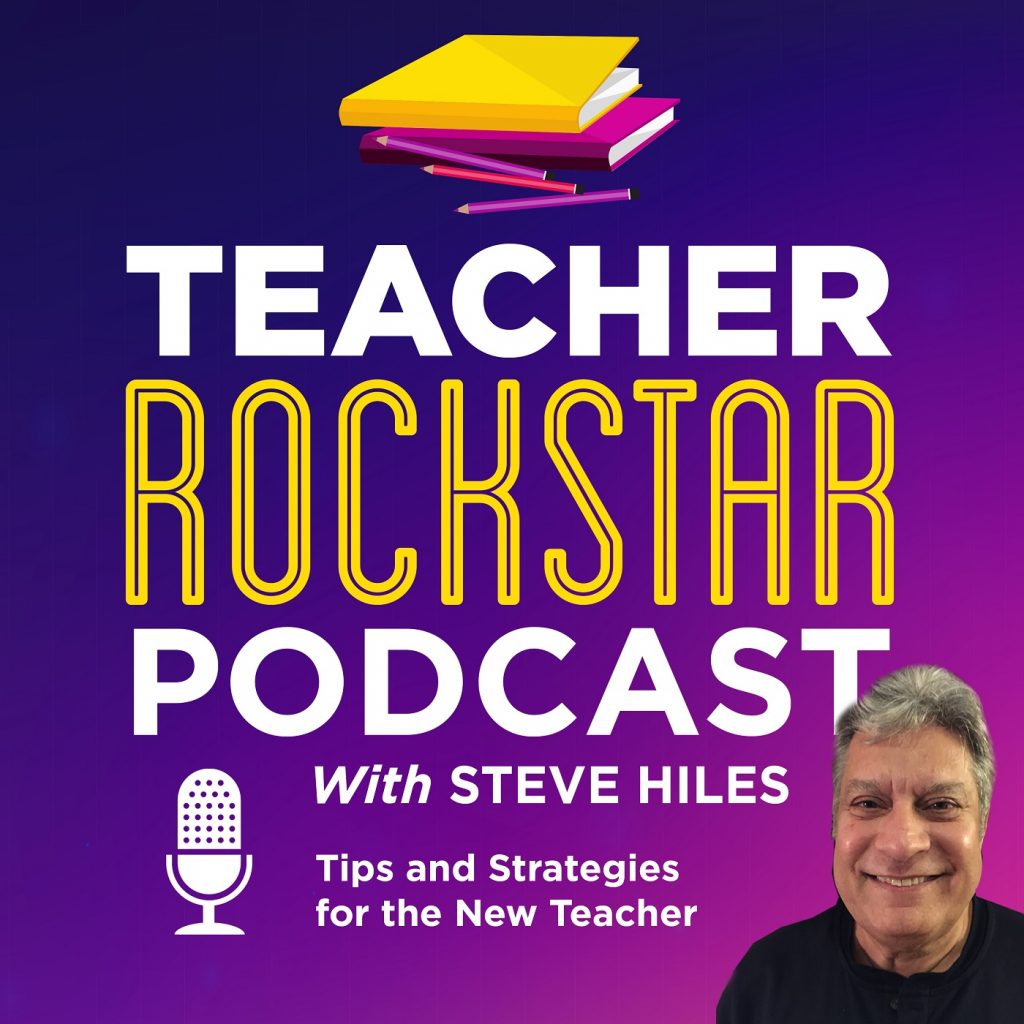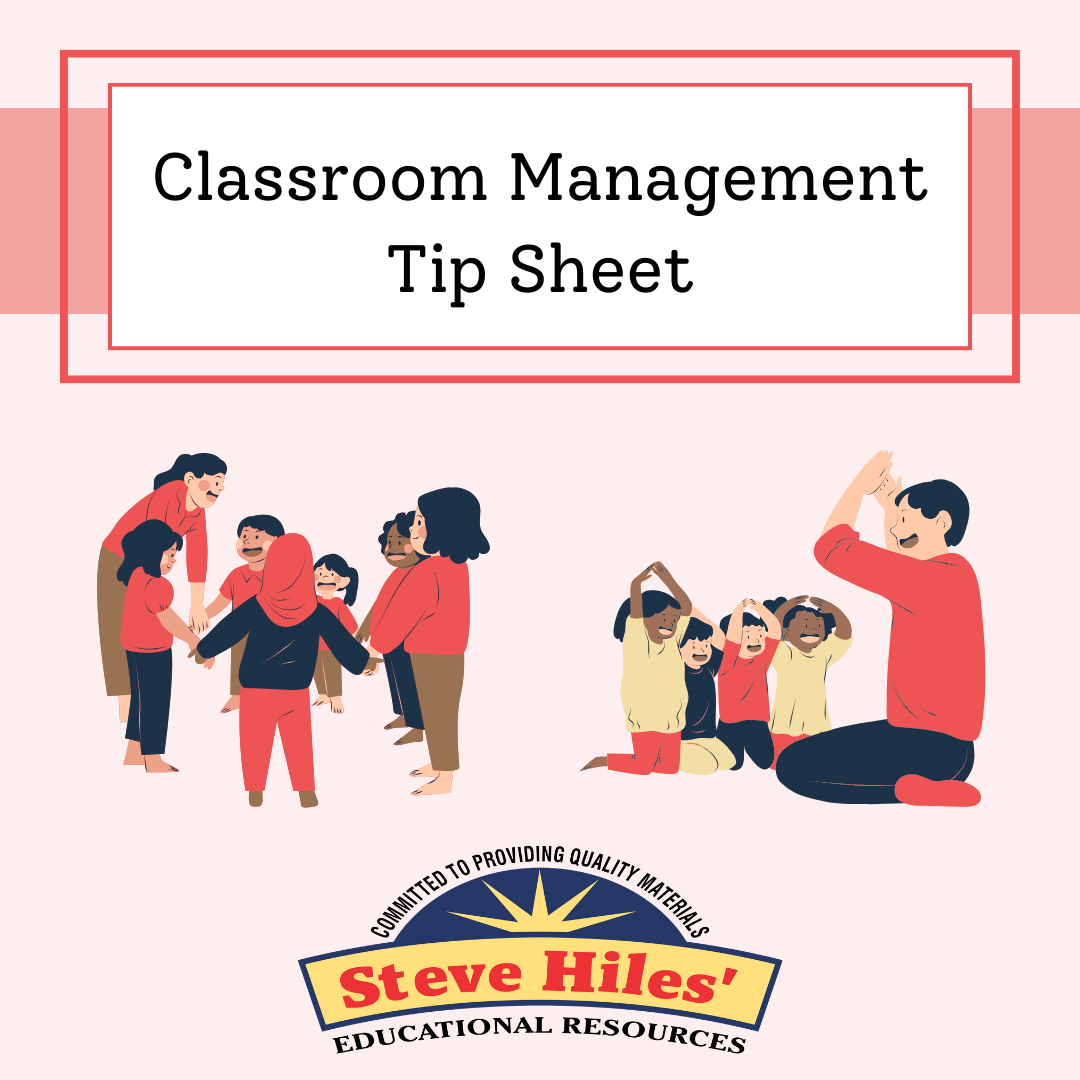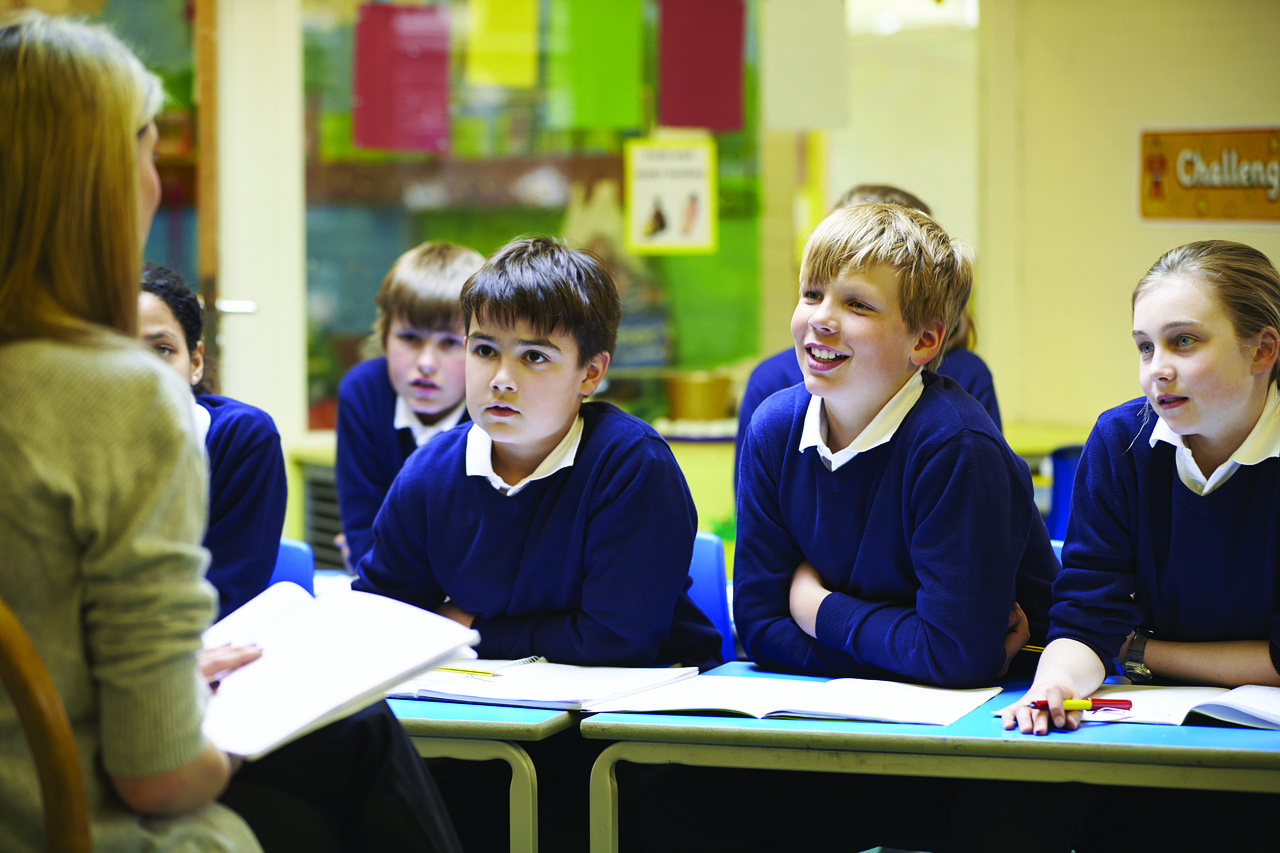I want to begin with this truth: Teaching is one of the most rewarding professions, but it’s also one of the toughest. As teachers, we face countless challenges—difficult classroom dynamics, evolving curricula, and the ever-present struggle of balancing our professional lives with our personal ones. It’s easy to feel stuck, like you’re spinning your wheels. I know because I’ve been there.
Back in 1995, my first year of teaching was a roller-coaster of emotions. I was brimming with enthusiasm but overwhelmed by the realities of the classroom. I tried everything I could think of—new activities, stricter rules, you name it—but I didn’t feel like I was improving. Then, I discovered today’s secret: Intentional Reflection. This single habit transformed my teaching.
So, what exactly is intentional reflection? It’s the practice of analyzing your experiences—not just on autopilot, but with purpose. It’s when you ask yourself specific questions to understand what’s working, what’s not, and what steps you can take to improve. Think of it like coaching yourself. Instead of moving on from a rough day with a shrug, you turn it into a learning moment.
Here’s an example: Let’s say a lesson didn’t go as planned. Instead of thinking, ‘Oh well, that didn’t work,’ ask yourself, ‘Why didn’t it work? Was I unclear in my directions? Did the activity match my students’ skill levels?’ The answers to these questions give you insight you can use tomorrow. That’s where growth happens—when you face challenges head-on and learn from them.”
But intentional reflection isn’t just about fixing problems. It’s also about celebrating successes. Too often, we focus on what went wrong and forget to acknowledge what went right. Reflecting on your wins—big and small—boosts your confidence and reminds you why you became a teacher in the first place.

Here’s a quick exercise you can try: At the end of each day, jot down three things. First, what went well today? Second, what could have gone better? And third, what’s one action step for tomorrow? It’s a simple habit that takes just a few minutes, but over time, those reflections add up to real, noticeable growth.
Now, here’s something I wish I’d known earlier: You don’t have to reflect alone. Some of the best insights I’ve gained as a teacher have come from conversations with colleagues. Teaching can feel isolating, but when you connect with other educators—whether it’s in a formal professional learning community or an informal chat in the teacher’s lounge—you gain new perspectives. Share your reflections, swap strategies, and learn from each other’s experiences. It’s like having a mirror that helps you see your blind spots.
And let’s not forget the power of seeking feedback. Invite a trusted colleague to observe your class or review your lesson plans. Their fresh perspective can provide valuable insights that you might not see yourself. This doesn’t mean you’re failing—it means you’re committed to growing. Feedback is one of the most powerful tools for professional development.
Here’s another layer to intentional reflection: Think long-term. It’s not just about daily improvements but also about identifying trends over time. Maybe you notice that your students are more engaged during certain types of lessons or that behavior issues spike after lunch. These patterns can guide you to make strategic changes that have a lasting impact on your classroom. It’s like connecting the dots in a bigger picture.
Before we wrap up, let’s tackle one more important point: Don’t be afraid of mistakes. Mistakes are part of the process. In fact, they’re a goldmine for growth. Every time something doesn’t go as planned, it’s an opportunity to reflect, learn, and try again. Embracing this mindset not only helps you grow as a teacher but also sets a powerful example for your students. They’ll see that it’s okay to make mistakes as long as you learn from them.
Now, here’s my challenge for you: Try intentional reflection for one week. At the end of each day, spend just five minutes thinking about what worked, what didn’t, and what you can tweak for tomorrow. Write it down if you can—it helps solidify your thoughts. And if you’re feeling bold, share your reflections with a colleague or mentor. Trust me, this one habit can create a ripple effect of growth in your teaching practice.







